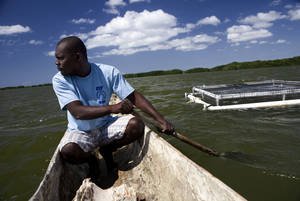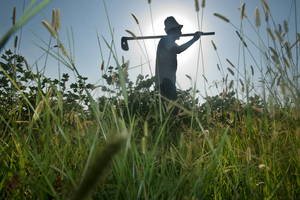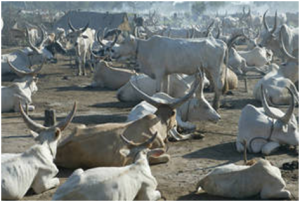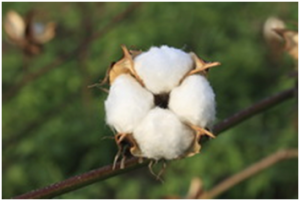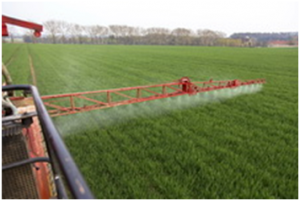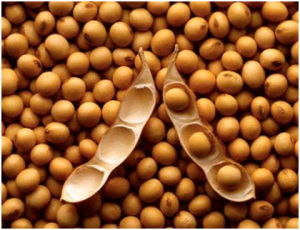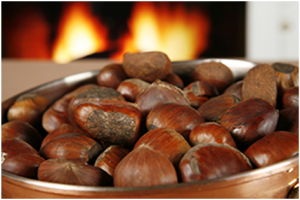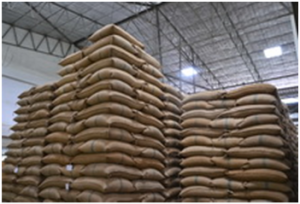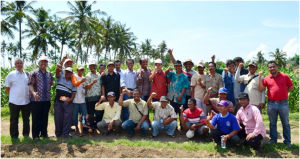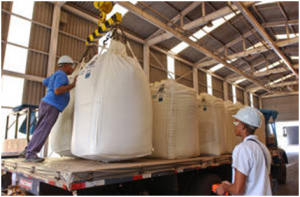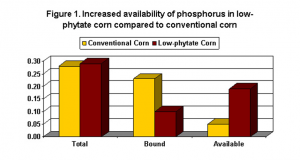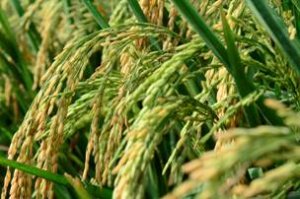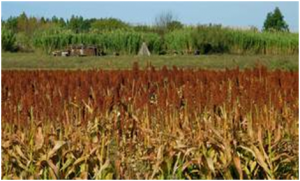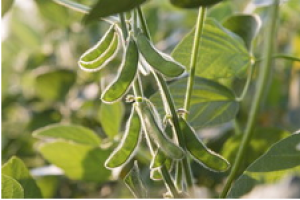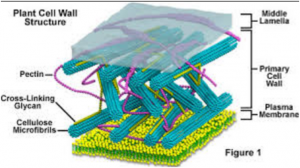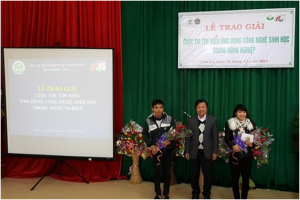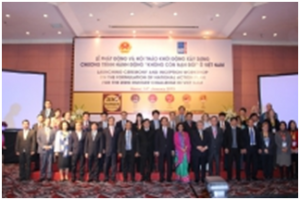|
Australian aid and IRRI improve farmers’ lives through ‘MYRice’
Thursday, 2017/10/19 | 08:21:09
|
|
IRRI News Bago City, Myanmar (10 October 2017)—An Australian-funded five-year research project led by the International Rice Research Institute (IRRI) in Myanmar is making a lasting impact on improving local rice farmers’ ability to adapt to agricultural challenges and respond to market opportunities.
Through the Australian Government’s Australian Centre for International Agricultural Research (ACIAR), the MYRice project is working to transform the rice sector of lower Myanmar—the Ayeyarwady and Bago regions—that account for more than half of the total rice-harvested areas in the country. By releasing new rice varieties and developing the capacity of local farmers, researchers, and extension staff, the IRRI project has helped increase the productivity and income of small farmers, as well as foster greater overall participation by all stakeholders.
‘IRRI’s collaborative approach in working with farmers and local researchers has improved the livelihood of the small farming families. Enhancing rice and pulse production can significantly help alleviate poverty and poor nutrition and improve the livelihoods of the local farmers,’ explains Dr Robert Edis, Research Program Manager at ACIAR.
The research project helped increase farmers’ yield by 20%, increasing their income by 30%, while decreasing yield loss by an average of 15%. ‘As MYRice wraps up, it’s heartening to know that this project has helped to significantly increase productivity and yield for farmers. It has also built their knowledge base, which in turn is shaping the national agriculture policies for the benefit of farmers and Myanmar’s rice sector,’ said IRRI Principal Scientist and MYRice project leader, Dr. Grant Singleton.
‘The project helped improve the research capability of the scientists and researchers and this can push the transformation of Myanmar’s rice sector to be a top exporter again’, said U Aung Zaw Naing, Regional Minister of Agricultural, Livestock, Natural Resources and Environmental Conservation in Bago Region.
Myanmar’s Ministry of Agriculture, Livestock, and Irrigation incorporated the best management practices in rice and the high-yielding rice and pulse varieties into the country’s national policy on agricultural production.
MYRice encouraged more participatory varietal selection activity with the Department of Agricultural Research. “We’ll ensure that the technologies and best management practices in rice that we developed with IRRI are extended to other parts of Myanmar,” explained U Hla Myint, Regional Director from the Myanmar Government’s Department of Agriculture.
The MYRice project reached more than 10,000 Myanmar farmers. Of this, 3,670 farmers were directly involved in field trials for suitable, climate-resilient varieties of rice and pulses and their management. Women constituted a significant portion of the participants. The formation of a platform called the Learning Alliance enabled farmers, millers, traders and other stakeholders of the rice value chain to share experiences and exchange information on market opportunities.
At the final review meeting of the MYRice project held in Myanmar from 9-10 October, Dr. Edis encouraged the officials and staff of the Department of Agriculture and the Department of Agricultural Research to reflect on the legacy of the MYRice project over the past five years. ‘Use the knowledge, experience and resources you have gained in order to do greater things for Myanmar,’ Dr. Edis said.
ACIAR has commissioned an external review team, led by Dr. Rod Lefroy, to evaluate the MyRice activities, outputs, and outcomes for the past four and a half years.
See: http://irri.org/news/media-releases/australian-aid-and-irri-improve-farmers-lives-through-myrice
Figure: Dr Rod Lefroy, ACIAR scientist |
|
|
|
[ Other News ]___________________________________________________
|


 Curently online :
Curently online :
 Total visitors :
Total visitors :
(47).png)
